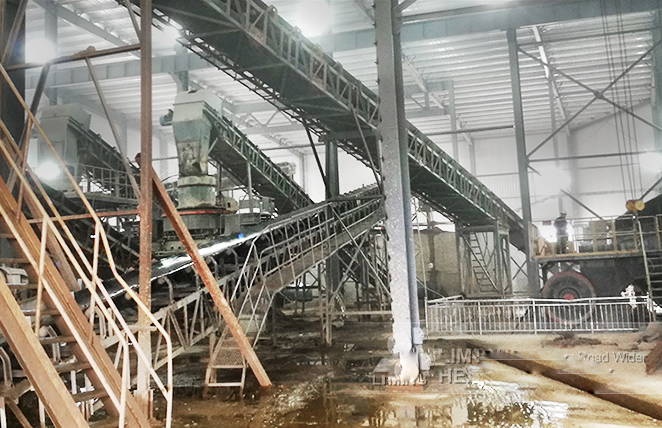The discovery of gold in South Africa played a pivotal role in the country’s economic and political development, transforming it into one of the world’s leading gold producers. Here’s an overview of the key events and impacts:
 Key Discoveries
Key Discoveries
1. Early Gold Finds (1800s)
– Gold was known to indigenous peoples and early settlers, but large-scale mining only began after significant deposits were found.
– In 1886, gold was discovered on the Witwatersrand (a ridge near present-day Johannesburg) by George Harrison, an Australian prospector. This led to the Witwatersrand Gold Rush.
2. Johannesburg’s Founding (1886)
– The discovery spurred rapid urbanization, and Johannesburg was established as a mining town.
– The W.jpg) atersrand Basin became one of the richest goldfields in the world.
atersrand Basin became one of the richest goldfields in the world.
Economic & Political Impact
– Boer Wars (1880–1881 & 1899–1902)
– Control over gold mines intensified tensions between British colonial forces and the Boer republics (Transvaal and Orange Free State), leading to the Second Boer War.
– Formation of Mining Companies
– Companies like Rand Mines and Anglo American (founded by Ernest Oppenheimer in 1917) dominated gold extraction.
– Industrialization & Migrant Labor
– The mines relied heavily on migrant labor from across Southern Africa, shaping apartheid-era labor policies.
– South Africa’s Global Position
– By the early 20th century, South Africa became the world’s largest gold producer, fueling its economy for decades.
Decline & Legacy
– Gold production peaked in the 1970s, but declining reserves and rising costs reduced output.
– Today, South Africa remains a major producer, though it no longer dominates global supply as it once did.
– The industry left a legacy of environmental damage, labor exploitation, and economic inequality.
Would you like more details on a specific aspect (e.g., apartheid’s connection to mining or modern gold production)?





Leave a Reply